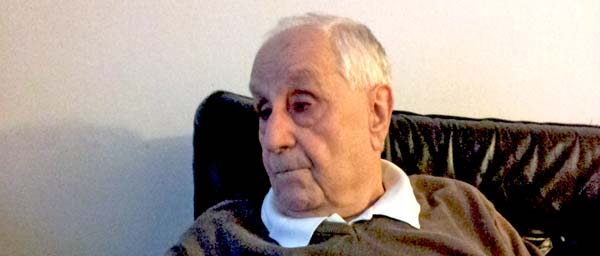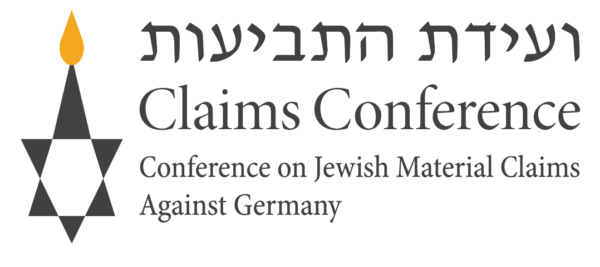Slovakia
Dr. Peter Szanto z”l passed away in February 2023. May his memory be for a blessing.

Direct compensation payments are made from the Central and Eastern European Fund (CEEF) and from the Holocaust Victim Compensation Fund (HVCF). Beginning in January 2013, CEEF payments increased to €300 per month from €260 due to Claims Conference negotiations with the German government, and are now €320. The Claims Conference negotiates on an ongoing basis with the German government to include additional Nazi victims in compensation programs, increase payments, and provide increased funds for social services.
Nearly 700 Nazi victims are served by the Central Union of Jewish Religious Communities in the Slovak Republic (UZZNO) through Or Chaim, the principal project of UZZNO’s Slovak Centre for Health and Social Care. Or Chaim’s mission is to provide health and social services to Holocaust survivors in Slovakia. With an average age of 79, Slovakia’s Nazi victims are experiencing increasing health problems while the costs of health care, energy, nursing, and other services are rising.
Since its establishment in 2000, the Centre has provided an array of services for vulnerable Nazi victims. With the assistance of Claims Conference grants, Or Chaim provides funding for medications, medical equipment such as glasses, walkers, and hearing aids, dental work, nursing care, therapeutic services, minor home modifications, and hot meals, while also serving as a channel to government and non-profit assistance for Nazi victims. The Centre collaborates with social service departments within the Jewish communities throughout Slovakia to ensure that necessary assistance reaches all who need it.
The Claims Conference also funds the socialization programs of The Hidden Child Slovakia (THC), an organization run by Nazi victims. Monthly meetings of social clubs in Bratislava and Kosice help break the isolation experienced by more than 120 Nazi victims as they grow older.

